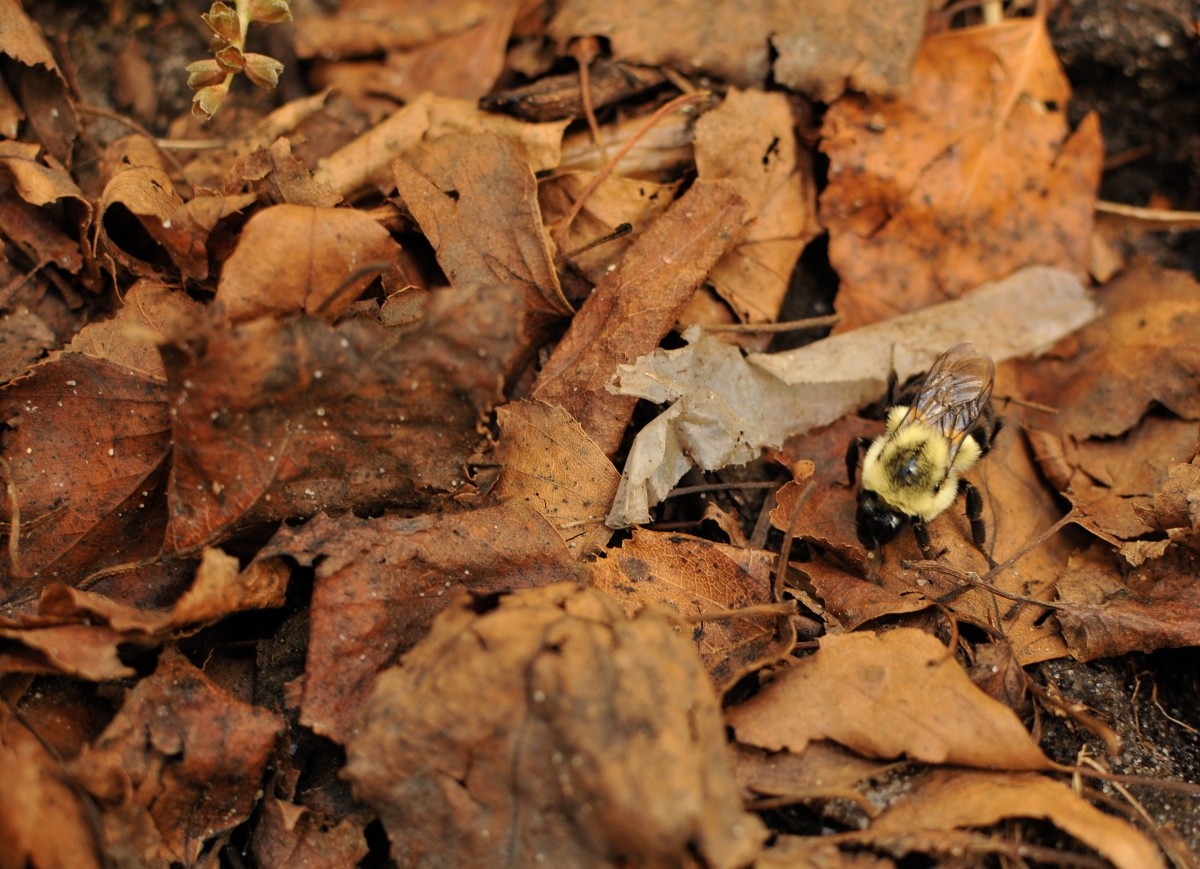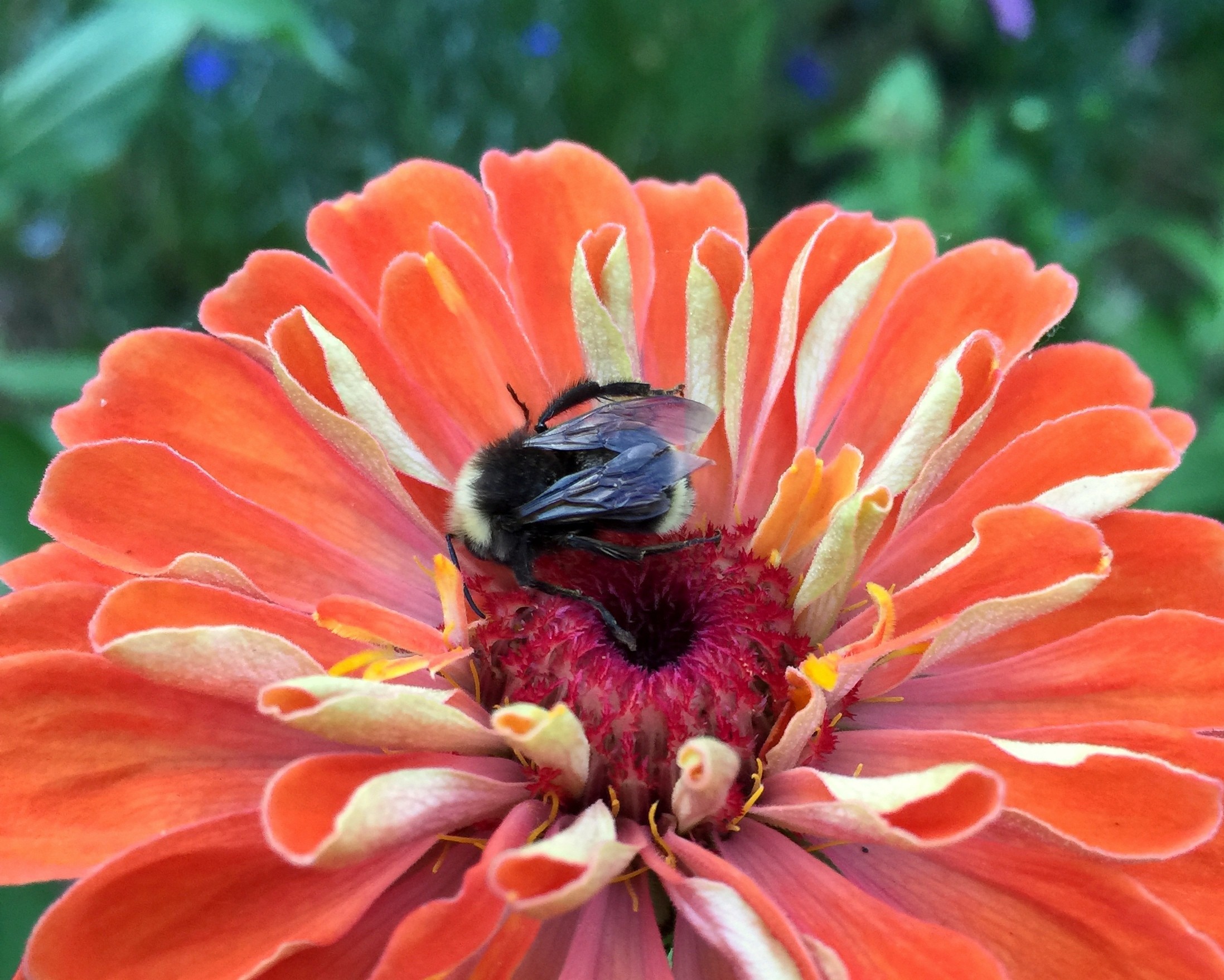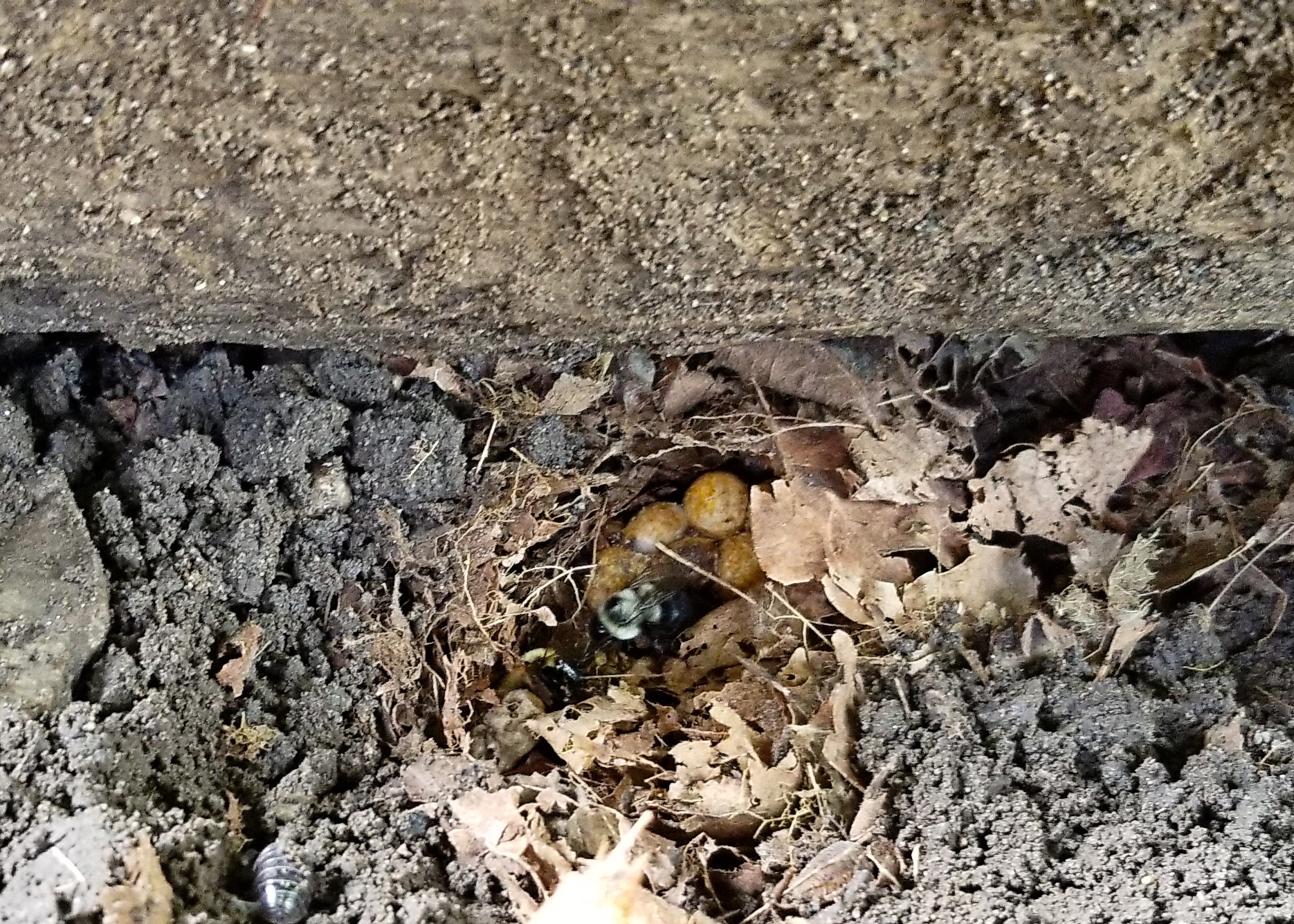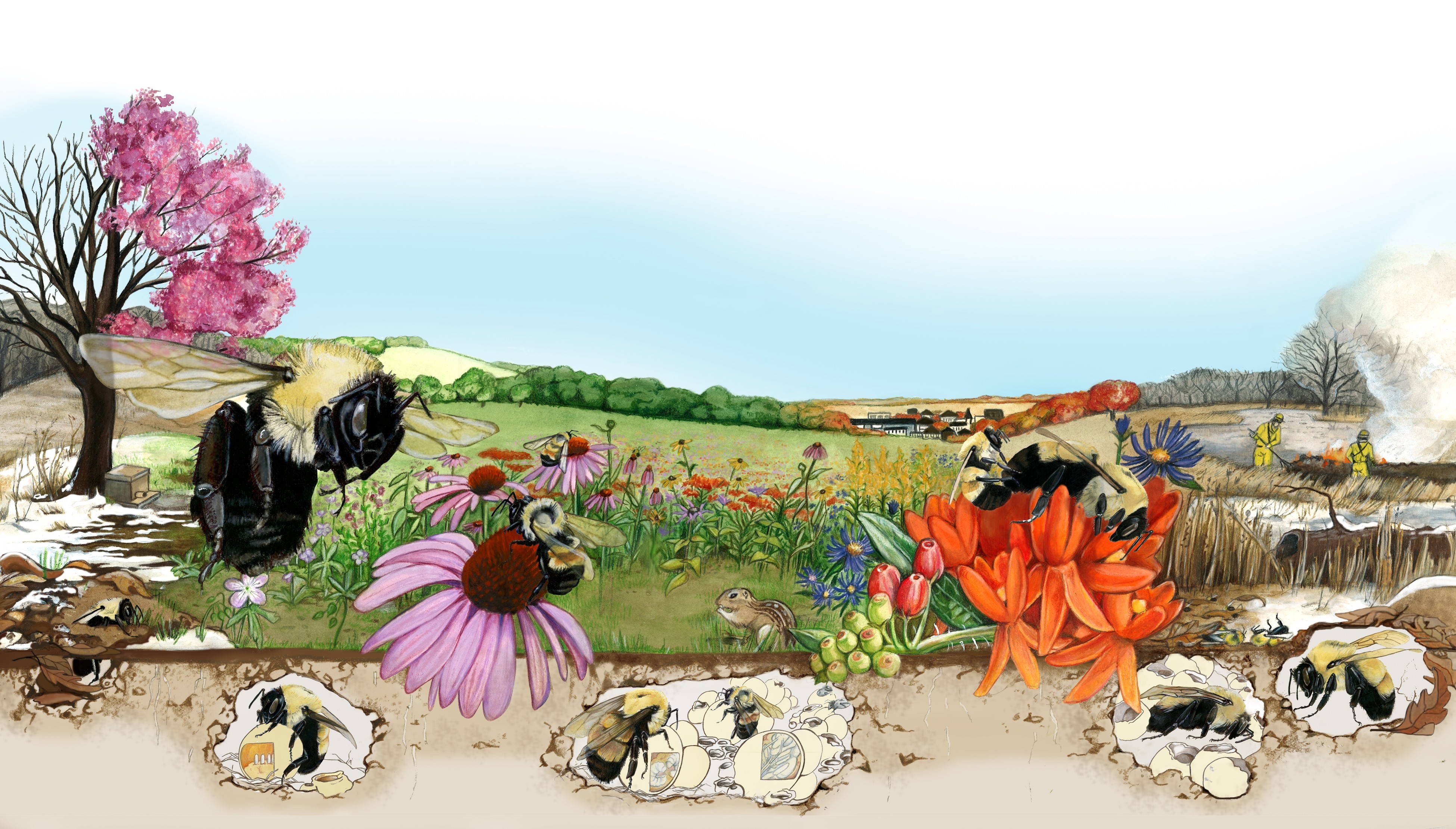Ensuring your visit supports conservation is crucial for responsible travel in Vietnam, and SIXT.VN is here to guide you on this journey. By choosing sustainable travel options, respecting local cultures, and contributing to conservation projects, you can make a positive impact on Vietnam’s environment and communities. Discover how SIXT.VN helps you plan eco-friendly trips, promotes cultural preservation, and supports local initiatives. Start planning your sustainable adventure today with responsible tourism and eco-conscious travel.
1. Understanding Conservation and Tourism in Vietnam
Tourism in Vietnam has grown substantially, presenting both opportunities and challenges for conservation. According to the Vietnam National Administration of Tourism, international arrivals reached over 3.66 million in the first quarter of 2024, showcasing the country’s increasing appeal. However, this influx can strain natural resources and local communities. Supporting conservation efforts ensures that tourism benefits, rather than harms, the environment and local culture.
1.1 Why is Sustainable Tourism Important?
Sustainable tourism is vital because it minimizes negative impacts on the environment, preserves cultural heritage, and supports local economies. The World Tourism Organization (UNWTO) defines sustainable tourism as “tourism that takes full account of its current and future economic, social and environmental impacts, addressing the needs of visitors, the industry, the environment and host communities.”
- Environmental Protection: Reduces pollution, conserves resources, and protects biodiversity.
- Cultural Preservation: Respects and maintains local traditions and heritage.
- Economic Benefits: Supports local businesses and provides fair employment opportunities.
1.2 The Current State of Conservation in Vietnam
Vietnam faces numerous environmental challenges, including deforestation, pollution, and biodiversity loss. According to a report by the Ministry of Natural Resources and Environment, deforestation rates remain high in some areas, threatening the habitat of many endangered species. Conservation efforts are crucial to protect Vietnam’s unique ecosystems, such as the Mekong Delta, the Central Highlands, and its extensive coastline.
Key conservation initiatives include:
- National Parks and Reserves: Protecting areas like Phong Nha-Ke Bang National Park and Cat Tien National Park.
- Wildlife Protection Programs: Efforts to conserve endangered species like the Saola and the Vietnamese golden langur.
- Community-Based Conservation: Engaging local communities in conservation efforts to ensure long-term sustainability.
 Bumble bee among brown, fallen leaves
Bumble bee among brown, fallen leaves
2. Choosing Eco-Friendly Accommodations and Transportation
One of the most significant ways to support conservation during your visit is by selecting eco-friendly accommodations and transportation options. These choices can reduce your carbon footprint and promote sustainable practices within the tourism industry.
2.1 What are Eco-Friendly Accommodations?
Eco-friendly accommodations are hotels, resorts, and guesthouses that implement sustainable practices to minimize their environmental impact. These may include:
- Energy Efficiency: Using renewable energy sources, energy-efficient appliances, and lighting.
- Water Conservation: Implementing water-saving technologies and practices.
- Waste Reduction: Recycling programs, composting, and reducing single-use plastics.
- Sustainable Sourcing: Using locally sourced and organic food and products.
- Certifications: Holding certifications like Green Key, LEED, or EarthCheck.
2.2 How to Find Sustainable Hotels in Vietnam
Finding sustainable hotels in Vietnam requires some research, but several resources can help you make informed choices:
- Online Booking Platforms: Websites like Booking.com and TripAdvisor often list eco-friendly accommodations with sustainability badges.
- Green Hotel Guides: Websites and organizations that specialize in rating and listing sustainable hotels.
- Direct Inquiry: Contacting hotels directly to ask about their sustainability practices and certifications.
When booking, look for hotels that have implemented specific eco-friendly measures. For example, the Six Senses Con Dao is renowned for its commitment to sustainability, including its waste management programs and support for local communities. According to their sustainability report, they have reduced their carbon emissions by 30% in the last five years.
2.3 Sustainable Transportation Options in Vietnam
Choosing sustainable transportation options can significantly reduce your carbon footprint while exploring Vietnam:
- Public Transportation: Utilize buses, trains, and trams whenever possible. Vietnam has an extensive bus network and a scenic railway line connecting major cities.
- Cycling and Walking: Explore cities and rural areas by bike or on foot. Many destinations offer bike rentals and walking tours.
- Electric Vehicles: Opt for electric taxis or rental cars if available.
- Eco-Friendly Tour Operators: Select tour companies that use fuel-efficient vehicles and minimize their environmental impact.
SIXT.VN offers eco-friendly transportation options, including hybrid vehicles and partnerships with sustainable tour operators. According to a study by the Vietnam Institute for Sustainable Development, using public transportation and cycling can reduce carbon emissions by up to 50% compared to private vehicles.
 Yellow-faced bumble bee on zinnia flower
Yellow-faced bumble bee on zinnia flower
3. Supporting Local Communities and Businesses
Engaging with local communities and supporting local businesses is another vital aspect of responsible tourism. This helps ensure that your visit benefits the people who call Vietnam home.
3.1 Why Support Local Businesses?
Supporting local businesses helps to:
- Boost the Local Economy: Keeps money within the community, creating jobs and opportunities.
- Preserve Cultural Heritage: Supports traditional crafts, cuisine, and cultural practices.
- Reduce Environmental Impact: Local businesses often have a smaller carbon footprint compared to multinational corporations.
3.2 How to Find and Support Local Businesses in Vietnam
- Eat at Local Restaurants: Try traditional Vietnamese dishes at family-owned restaurants and street food stalls.
- Shop at Local Markets: Buy souvenirs and handicrafts from local artisans and vendors.
- Stay in Local Guesthouses: Choose locally owned guesthouses and homestays over international hotel chains.
- Hire Local Guides: Engage local guides for tours and excursions to gain insights into the culture and environment.
SIXT.VN promotes local businesses by partnering with community-based tourism initiatives and offering tours that support local artisans and entrepreneurs. According to a survey by the Vietnam Chamber of Commerce and Industry, supporting local businesses can increase local income by up to 40%.
3.3 Respecting Local Customs and Traditions
Respecting local customs and traditions is essential for responsible tourism. This includes:
- Dress Modestly: Dress appropriately when visiting temples, pagodas, and other religious sites.
- Learn Basic Phrases: Learn a few basic Vietnamese phrases to show respect and facilitate communication.
- Ask for Permission: Always ask for permission before taking photos of people or entering private property.
- Be Mindful of Cultural Norms: Be aware of cultural norms and avoid behavior that may be considered offensive.
According to cultural experts at the Vietnam National Museum of History, understanding and respecting local customs can enhance your travel experience and foster positive relationships with local communities.
4. Participating in Conservation Activities
Actively participating in conservation activities can make a direct positive impact on the environment and local communities.
4.1 Volunteering Opportunities in Vietnam
Numerous organizations offer volunteering opportunities in Vietnam, allowing you to contribute to conservation efforts:
- Wildlife Conservation: Work with organizations that protect endangered species, such as the Saola Foundation or the Turtle Conservation Centre.
- Environmental Restoration: Participate in tree planting, beach cleanups, and other environmental restoration projects.
- Community Development: Volunteer in community development projects that support sustainable livelihoods and education.
SIXT.VN partners with several NGOs to offer volunteer opportunities to travelers. According to a report by the United Nations Volunteers program, volunteering can significantly enhance conservation efforts and promote sustainable development.
4.2 Ecotourism and Nature-Based Activities
Engaging in ecotourism and nature-based activities is a great way to appreciate Vietnam’s natural beauty while supporting conservation:
- Trekking and Hiking: Explore national parks and nature reserves on foot, following marked trails and respecting park regulations.
- Bird Watching: Join guided bird watching tours to learn about Vietnam’s diverse birdlife and support local guides.
- Kayaking and Boating: Explore waterways by kayak or boat, avoiding sensitive areas and minimizing disturbance to wildlife.
- Visiting Wildlife Sanctuaries: Support ethical wildlife sanctuaries that prioritize animal welfare and conservation.
According to the Ecotourism Society, ecotourism can generate revenue for conservation efforts and promote environmental awareness among travelers.
 Bumble bee nest
Bumble bee nest
5. Reducing Your Environmental Impact
Even simple actions can significantly reduce your environmental impact while traveling in Vietnam.
5.1 Minimizing Waste
- Bring Reusable Items: Pack a reusable water bottle, shopping bag, and coffee cup to reduce single-use plastics.
- Refuse Single-Use Plastics: Say no to plastic straws, bags, and cutlery.
- Dispose of Waste Properly: Use designated bins for recycling and waste disposal.
5.2 Conserving Water and Energy
- Use Water Sparingly: Take shorter showers and turn off the tap while brushing your teeth.
- Conserve Energy: Turn off lights and air conditioning when you leave your hotel room.
- Support Hotels with Water and Energy Conservation Programs: Choose accommodations that have implemented water and energy-saving initiatives.
5.3 Choosing Sustainable Products
- Buy Local and Sustainable Products: Support local artisans and businesses that produce eco-friendly products.
- Avoid Products Made from Endangered Species: Refrain from purchasing souvenirs made from ivory, coral, or other endangered species.
- Use Reef-Safe Sunscreen: Protect coral reefs by using sunscreen that is free from harmful chemicals.
According to the Vietnam Environment Administration, reducing waste, conserving water and energy, and choosing sustainable products can significantly lower your environmental footprint.
6. Supporting Conservation Organizations
Donating to or volunteering with conservation organizations in Vietnam is another effective way to support conservation efforts.
6.1 Key Conservation Organizations in Vietnam
- WWF Vietnam: Works to protect endangered species and habitats.
- Wildlife Conservation Society (WCS) Vietnam: Focuses on wildlife research and conservation.
- Green Innovation and Development Centre (GreenID): Promotes sustainable development and environmental protection.
- Save Vietnam’s Wildlife: Rescues, rehabilitates, and releases wildlife.
6.2 How to Contribute
- Donate: Make a financial contribution to support their projects.
- Volunteer: Offer your time and skills to assist with their conservation efforts.
- Raise Awareness: Share information about their work and encourage others to support them.
SIXT.VN partners with several conservation organizations, donating a portion of its profits to support their initiatives. According to a study by the Charities Aid Foundation, donating to reputable organizations can significantly enhance conservation outcomes.
 Illustrated landscape showing changing seasons and bumble bees in various stages of their life cycle
Illustrated landscape showing changing seasons and bumble bees in various stages of their life cycle
7. Responsible Wildlife Tourism
When participating in wildlife tourism, it’s crucial to ensure that your activities do not harm animals or their habitats.
7.1 Ethical Wildlife Encounters
- Avoid Animal Performances: Refrain from visiting attractions that feature performing animals, as these often involve cruelty and exploitation.
- Choose Sanctuaries Wisely: Visit reputable wildlife sanctuaries that prioritize animal welfare and conservation.
- Observe from a Distance: Maintain a safe distance from wildlife to avoid disturbing their natural behavior.
7.2 Protecting Marine Life
- Avoid Touching Marine Animals: Refrain from touching or feeding marine animals, as this can disrupt their natural behavior.
- Use Reef-Safe Sunscreen: Protect coral reefs by using sunscreen that is free from harmful chemicals.
- Support Sustainable Diving and Snorkeling Practices: Choose tour operators that follow sustainable diving and snorkeling practices.
According to the World Animal Protection, responsible wildlife tourism can promote conservation and support local communities, but unethical practices can harm animals and their habitats.
8. Educating Yourself and Others
The more you know about conservation issues in Vietnam, the better equipped you’ll be to make informed choices and support conservation efforts.
8.1 Learning About Local Ecosystems and Challenges
- Read Books and Articles: Learn about Vietnam’s unique ecosystems, biodiversity, and conservation challenges.
- Visit Nature Centers and Museums: Explore nature centers and museums to gain insights into the local environment.
- Attend Workshops and Seminars: Participate in workshops and seminars to learn from experts in the field.
8.2 Spreading Awareness
- Share Your Experiences: Share your experiences and insights with friends, family, and on social media.
- Support Conservation Campaigns: Participate in conservation campaigns and initiatives.
- Encourage Others to Travel Responsibly: Encourage others to travel responsibly and support conservation efforts.
According to UNESCO, education is a powerful tool for promoting sustainable development and fostering a culture of conservation.
9. Utilizing SIXT.VN for Sustainable Travel Planning
SIXT.VN is committed to promoting sustainable tourism in Vietnam by offering services that help travelers make responsible choices.
9.1 Sustainable Tour Packages
SIXT.VN offers sustainable tour packages that prioritize environmental protection, cultural preservation, and community engagement. These packages include:
- Eco-Friendly Accommodations: Stays at hotels and guesthouses that implement sustainable practices.
- Sustainable Transportation: Options for public transportation, cycling, and electric vehicles.
- Local Guides: Engaging local guides for tours and excursions.
- Conservation Activities: Opportunities to participate in conservation activities and support local communities.
9.2 Eco-Friendly Transportation Options
SIXT.VN provides eco-friendly transportation options, including:
- Hybrid Vehicles: Rental cars with hybrid engines to reduce emissions.
- Electric Vehicles: Electric taxis and rental cars for sustainable transportation.
- Bike Rentals: Options for exploring cities and rural areas by bike.
9.3 Supporting Local Businesses
SIXT.VN partners with local businesses and communities to promote sustainable tourism:
- Community-Based Tourism Initiatives: Tours that support local artisans and entrepreneurs.
- Local Restaurants and Guesthouses: Recommendations for local restaurants and guesthouses that offer authentic Vietnamese experiences.
By choosing SIXT.VN, you can travel responsibly and support conservation efforts in Vietnam.
Address: 260 Cau Giay, Hanoi, Vietnam.
Hotline/Whatsapp: +84 986 244 358.
Website: SIXT.VN.
 Bumble bee among brown, fallen leaves
Bumble bee among brown, fallen leaves
10. Conclusion: Making a Positive Impact
By following these guidelines, you can ensure that your visit to Vietnam supports conservation efforts and contributes to a more sustainable future for the country and its people.
10.1 The Importance of Responsible Travel
Responsible travel is essential for preserving Vietnam’s natural beauty, cultural heritage, and unique ecosystems for future generations. By making informed choices and supporting sustainable practices, you can help ensure that tourism benefits, rather than harms, the environment and local communities.
10.2 Call to Action: Plan Your Sustainable Trip with SIXT.VN
Ready to make a positive impact on your next trip to Vietnam? Visit SIXT.VN to explore our sustainable tour packages, eco-friendly transportation options, and opportunities to support local communities and conservation organizations. Together, we can create a more sustainable and responsible tourism industry in Vietnam. Contact us today to plan your eco-conscious adventure and make a difference with responsible travel and ethical tourism.
FAQ: Supporting Conservation During Your Visit
1. What is sustainable tourism?
Sustainable tourism is tourism that minimizes negative impacts on the environment, preserves cultural heritage, and supports local economies, ensuring long-term benefits for both visitors and host communities.
2. How can I find eco-friendly accommodations in Vietnam?
Look for hotels with sustainability certifications like Green Key or EarthCheck, check online booking platforms for eco-friendly badges, or contact hotels directly to inquire about their sustainability practices.
3. What are some sustainable transportation options in Vietnam?
Utilize public transportation, cycling, walking, and electric vehicles whenever possible to reduce your carbon footprint.
4. Why is it important to support local businesses?
Supporting local businesses boosts the local economy, preserves cultural heritage, and reduces environmental impact compared to multinational corporations.
5. How can I respect local customs and traditions in Vietnam?
Dress modestly when visiting religious sites, learn basic Vietnamese phrases, ask for permission before taking photos, and be mindful of cultural norms.
6. What are some volunteering opportunities in Vietnam?
Volunteer in wildlife conservation, environmental restoration, or community development projects through reputable organizations.
7. How can I reduce my environmental impact while traveling?
Minimize waste by bringing reusable items, conserve water and energy, and choose sustainable products.
8. What are some key conservation organizations in Vietnam?
Support organizations like WWF Vietnam, Wildlife Conservation Society (WCS) Vietnam, GreenID, and Save Vietnam’s Wildlife.
9. How can I ensure ethical wildlife encounters?
Avoid animal performances, choose sanctuaries wisely, and observe wildlife from a distance to avoid disturbing their natural behavior.
10. How does SIXT.VN support sustainable travel in Vietnam?
SIXT.VN offers sustainable tour packages, eco-friendly transportation options, and partnerships with local businesses and communities to promote responsible tourism.



